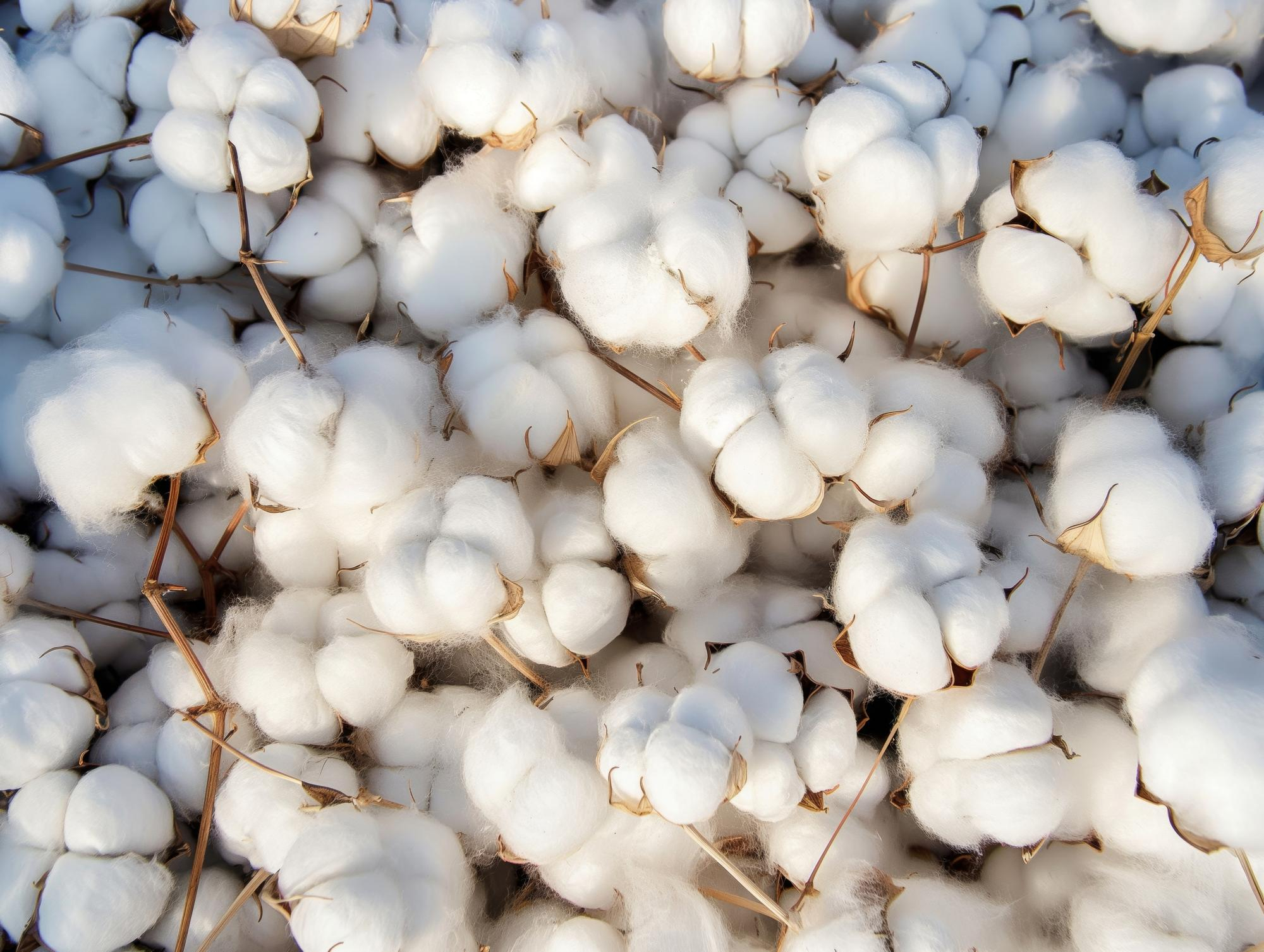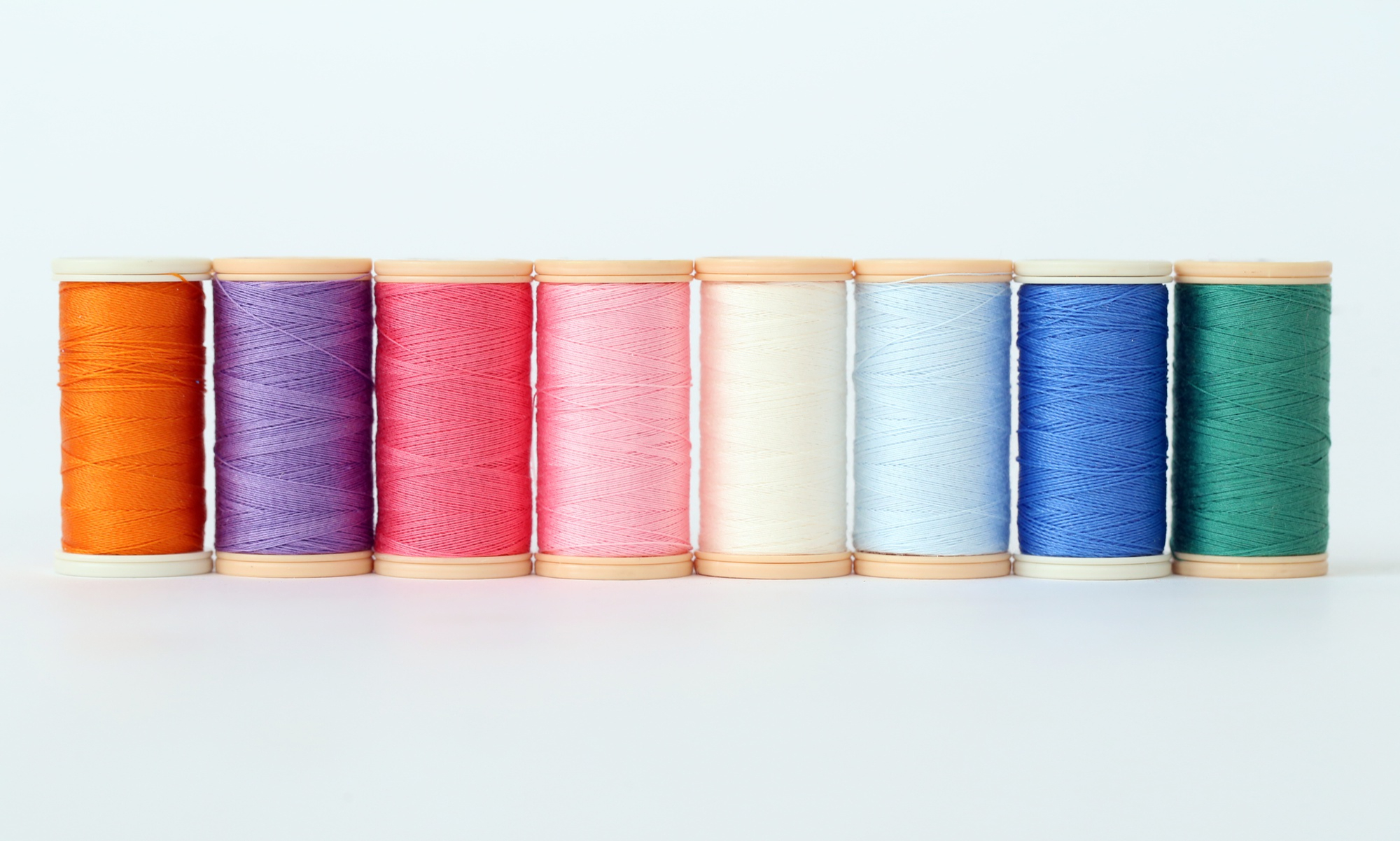- A
- B
- C
- D
- E
- F
- G
-
H
- How Many Clothes Does a Man Need? The Perfect Capsule Wardrobe
- How Many Clothes Does a Man Really Need? Capsule Wardrobe Guide
- How tall people find the best cuts and styles: A comprehensive guide
- How to remove annoying lint from clothing: effective tips and tricks
- How to Remove Sweat Stains – Tips & Home Remedies for Sweat Stains
- How to Support Tall People in Daily Life – A Guide for Friends and Family (Without Annoying Jokes)
- I
- J
- K
- L
- M
- N
- O
- P
- Q
- R
- S
- T
- U
- V
-
W
- Washing Black Clothes: How to Prevent Fading
- Washing new clothes: Why and how?
- Which airlines really offer tall people enough legroom?
- Which Beds & Mattresses Are Most Comfortable for Tall People?
- Winter Clothing for Tall People: Layer Up for Warmth During the Holidays
- Winter Wonders: How Tall People Can Enjoy the Holidays Actively
- X
- Y
- Z
- #
Benefits of Cotton (Organic) and Polyester: A Comprehensive Guide

In today's world, we are more than ever seeking materials that are both environmentally friendly and functional. Two of the most commonly used fabrics in the apparel industry are cotton (especially organic cotton) and polyester. But what benefits do these materials offer? In this guide, we will explore the advantages of cotton and polyester in detail to help you choose the best fabric for your needs.
1. Benefits of Cotton (Organic)
1.1 Environmental Friendliness
Organic cotton is grown without the use of harmful chemicals and pesticides, making it a more environmentally friendly choice. By avoiding synthetic fertilizers and pesticides, the soil is preserved, and biodiversity is promoted.
1.2 Skin-Friendliness
Cotton, particularly organic cotton, is known for its skin-friendliness. It is hypoallergenic and reduces the risk of skin irritations, making it an excellent choice for sensitive skin.
1.3 Breathability
Cotton is naturally breathable and helps wick moisture away from the skin. This contributes to high wearing comfort and prevents overheating.
1.4 Durability
While cotton is softer than some synthetic fabrics, it is also quite durable. High-quality cotton textiles can last many years if properly cared for.
1.5 Easy Care
Cotton fabrics are generally easy to care for. They can be washed at high temperatures and are resistant to stains.

2. Benefits of Polyester
2.1 Durability
Polyester is an extremely durable material. It is resistant to tears and abrasion, making it ideal for everyday wear and sportswear.
2.2 Easy Care
Polyester is easy to care for and does not wrinkle easily. It dries quickly and retains its shape after washing, which simplifies garment maintenance.
2.3 Moisture Management
Polyester has excellent moisture-wicking properties. It moves sweat away from the skin, ensuring a dry and comfortable feel.
2.4 Cost
Compared to many natural fibers, polyester is generally less expensive. This can be a significant advantage, especially for large-scale clothing production or budget-conscious buyers.
2.5 Design Flexibility
Polyester can be manufactured in a variety of textures and colors. This design flexibility allows for the creation of versatile and fashionable garments.
3. Comparison: Cotton (Organic) vs. Polyester
3.1 Environmental Aspects
Organic cotton clearly has advantages in terms of environmental friendliness. Polyester, on the other hand, is derived from petrochemical resources, raising environmental concerns about its production and disposal.
3.2 Comfort and Breathability
Cotton has the benefit of natural breathability and is often more comfortable on the skin. Polyester can be less favorable in this regard, although modern technologies offer improvements in this area.
3.3 Durability and Care
While polyester is particularly durable and easy to care for, organic cotton can also be very durable with proper care. Both materials have their own strengths regarding care and longevity.
4. Conclusion: Which Material is Better?
The choice between cotton (organic) and polyester depends on your personal needs and priorities. If you value environmental friendliness and skin comfort, organic cotton may be the better choice. If durability, easy care, and cost are more crucial factors, polyester might be more suitable.
Regardless of which material you choose, being aware of their respective properties will help you make the best decision for your needs.




